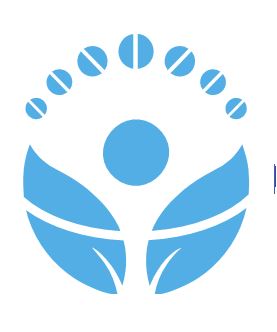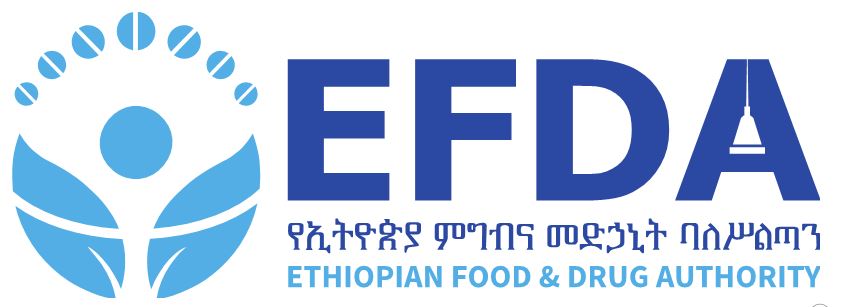Medicines are an essential component of health care delivery. When used rationally, they produce the desired effect of improving patients’ ailments. Their irrational use on the other hand leads to prolongation of the illness, development of adverse effects, and unnecessary expense. The rational use of medicines in the biomedical context in terms of rational prescribing practices should meet certain criteria, which are listed below: • Appropriate indication in terms of the rationale of medicine use practices based entirely on medical considerations. • Appropriate medicine in terms of selection based on efficacy; safety, suitability and taking into account cost considerations. • Appropriate patient, to avoid the existence of contraindication and minimizing the chances of reactions. • Appropriate dose in terms of administration and duration of treatment. • Appropriate information and appropriate monitoring. The terms “inappropriate” and “irrational” use were often used in association to the use of medicines when no therapy is indicated, the use of wrong medicines for specific conditions requiring medicine therapy, the use of medicines with doubtful efficacy, the use of medicines for uncertain safety status, use of correct medicines with incorrect route of administration, dosage, or duration[1]. In Ethiopia, several efforts have been made to promote the rational use of medicines. Among these, the publication of essential and national medicine list for Ethiopia, and the introduction of the Standard Treatment Guidelines (STG) are the most notable. As a result of such relentless efforts, some positive trends in the prescribing practice have been observed over time.
- Home
- About Us
- News and Events
- Services
- Publications
- Directorates
- Director General
- Medicine Sector Deputy Director General
- Food Sector Deputy Director General
- Medical Device Sector Deputy Director General
- Chief Executive Officer
- Basic Service Executive Officer
- Competence & Human Resource Management Executive Officer
- Information & Technology Executive Officer
- Organizational Change Management Executive Officer
- Procurement & Finance Executive Officer
- Strategic Affair Executive Officer
- Women & Inclusive Social Affair Executive Officer
- Branch Office Head
- COVID19
- Public Information
- Announcement
- Contact
Medicines Good Prescribing Manual second edition 2012
You are here:
- Home
- Publication
- Medicines Good Prescribing Manual second…



